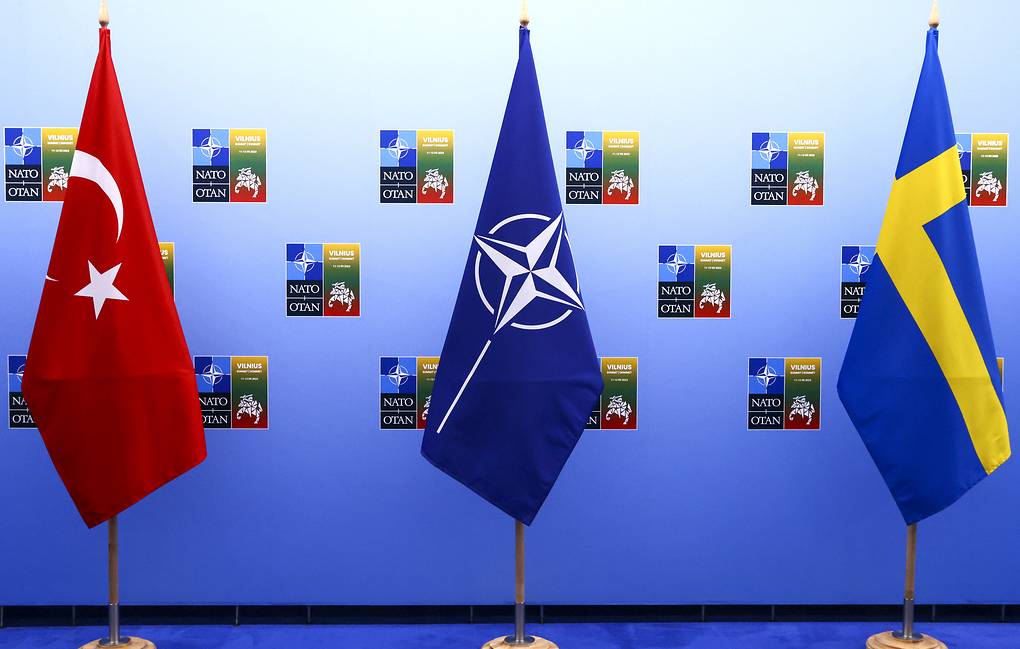Of the 346 members of parliament who voted, 287 were in favor of Sweden’s accession and 55 voted to reject it. Four others abstained from voting.
The vote was the second step of Turkey’s ratification process after the parliament’s Foreign Affairs Commission approved the bid last month. Turkish President Recep Tayyip Erdogan can now sign the protocol into law.
The outcome on Tuesday cleared a significant hurdle for the Nordic country’s accession into the military alliance, with Hungary now set to be the only member state that has not yet ratified Sweden’s accession.
However, on Tuesday, Hungary’s Prime Minister Victor Orban stated he had invited his Swedish counterpart Ulf Kristersson to visit Hungary to negotiate the terms of Sweden’s accession.
Sweden and Finland applied for NATO membership in May 2022 following Russia’s invasion of Ukraine earlier that year. Finland joined NATO in April 2023, doubling the alliance’s border with Russia, but Sweden has faced numerous delays in its path to accession.
Erdogan initially objected to Sweden’s membership bid, accusing Swedish officials of being too lenient on militant groups, including the Kurdistan Workers’ Party (PKK). Since applying, Sweden has tightened its anti-terror legislation and agreed to work more closely with Turkey on security concerns.
Erdogan’s approval of Sweden’s accession bid also rides on a commitment by the United States, with the Turkish president signaling that he won’t sign the protocol into law unless the US approves the sale of F-16 fighter jets to Turkey.
US Senate Foreign Relations Committee Chair Ben Cardin said on Tuesday that Congress, however, is waiting to see the accession documents completed before moving forward on the matter.
Following Tuesday’s Turkish parliamentary vote, Kristersson stated Sweden was “one step closer to becoming a full member of NATO”.
The US Ambassador to Turkey Jeffry Flake reiterated the sentiment in a post on X, saying “Sweden’s accession to NATO is a critical step in strengthening the alliance” and that he “greatly appreciate the Turkish’s parliament’s decision to approve Sweden’s entry into NATO”.
The US-led bloc’s Secretary General Jens Stoltenberg told reporters on Tuesday during a press conference in Brussels NATO sees no threat from Russia toward any of its members. His comments come as several countries, including Germany and the Baltic states, have raised concerns of a potential future Russian attack.
Answering questions from journalists following the signing of major new investments in artillery ammunition productions, Stoltenberg stated, “We don’t see any direct or imminent threat against any NATO ally.”
At the same time, he stressed that the bloc nevertheless “closely monitors what Russia does” and has increased its “vigilance and presence in the eastern part of the alliance,” in order to prevent any attacks on allied nations.
Moscow has dismissed any claims that it intends to attack any NATO members as “complete nonsense”, with President Vladimir Putin arguing that Russia has “no geopolitical, economic … or military interest” in doing so.
